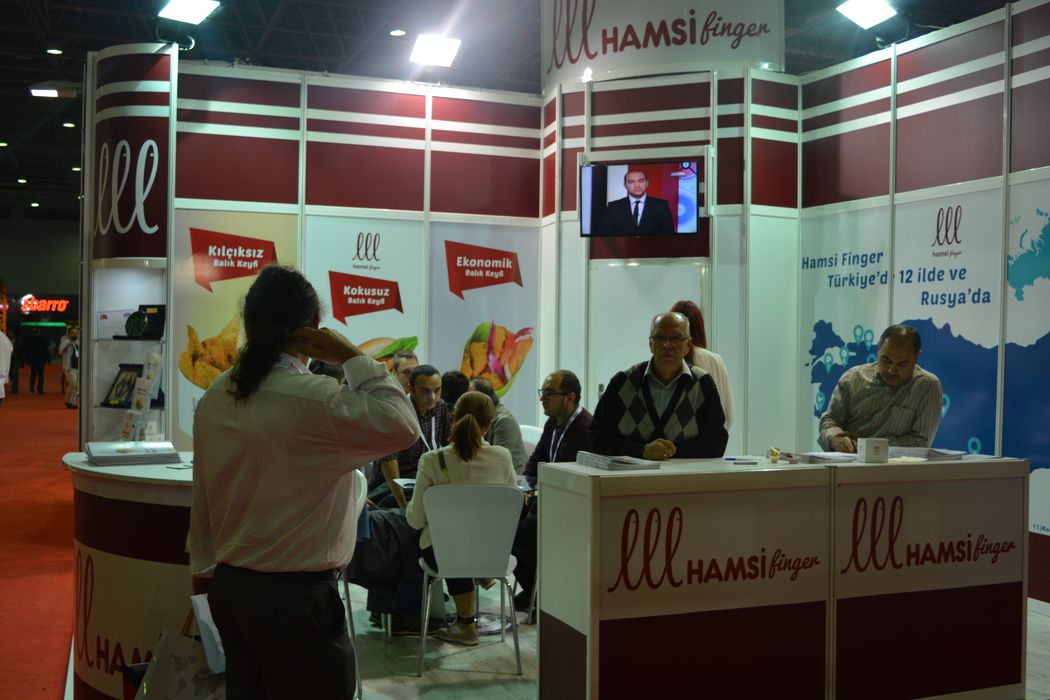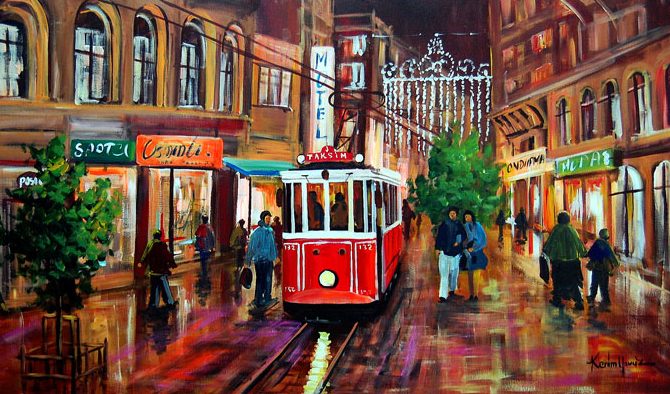Next morning, after all the other visitors had gone, he called me and when I had related my dream interpreted it to me saying: “You will make the pilgrimage [to Mecca] and visit [the Tomb of] the Prophet, and you will travel through Yemen, Iraq, the country of the Turks, and India. You will stay there for a long time and meet there my brother Dilshad the Indian, who will rescue you from a danger into which you will fall.” Then he gave me a travelling-provision of small cakes and money, and I bade him farewell and departed. Never since parting from him have I met on my journeys aught but good fortune, and his blessings have stood me in good stead.
Ibn Battuta leaves for Cairo via Damietta
We rode from here to Damietta through a number of towns, in each of which we visited the principal men of religion. Damietta lies on the bank of the Nile, and the people in the houses next to the river draw water from it in buckets. Many of the houses have steps leading down to the river. Their sheep and goats are allowed to pasture at liberty day and night; for this reason the saying goes of Damietta “Its walls are sweetmeats and its dogs are sheep.” Anyone who enters the city may not afterwards leave it except by the governor’s seal. Persons of repute have a seal stamped on a piece of paper so that they may show it to the gatekeepers; other persons have the seal stamped on their forearms.
In this city there are many seabirds with extremely greasy flesh, and the milk of its buffaloes is unequalled for sweetness and pleasant taste. The fish called buri is exported thence to Syria, Anatolia, and Cairo. The present town is of recent construction; the old city was that destroyed by the Franks in the time of al Malik as as-Salih.
From Damietta I travelled to Fariskur, which is a town on the bank of the Nile, and halted outside it. Here I was overtaken by a horseman who had been sent after me by the governor of Damietta. He handed me a number of coins saying to me “The Governor asked for you, and on being informed about you, he sent you this gift”–may God reward him! Thence I travelled to Ashmun, a large and ancient town on a canal derived from the Nile.
Read More about Ibn Battuta part 20








